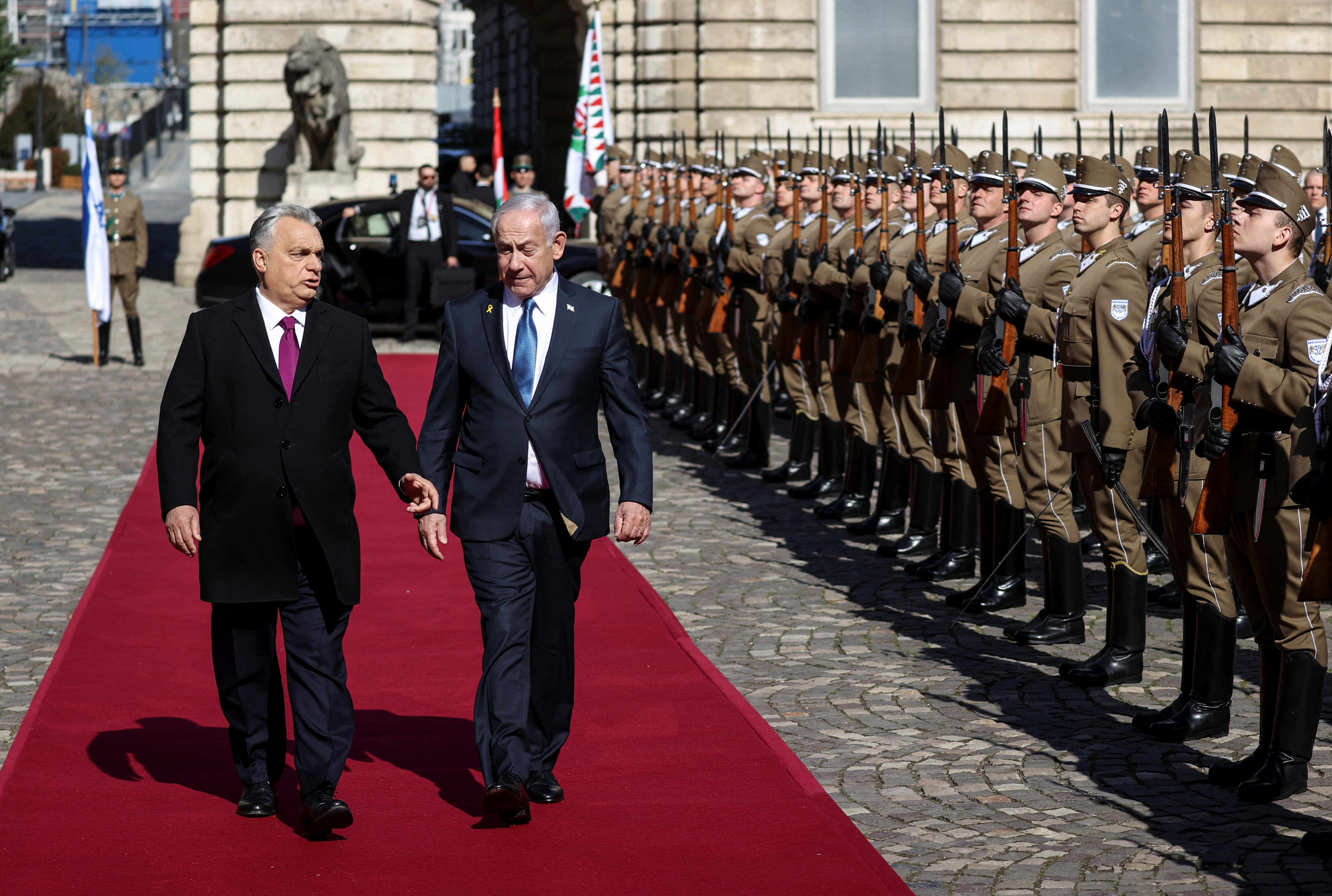Israel has announced the launch of a new ground invasion in Gaza, with rescuers saying military attacks had killed at least 30 people across the Palestinian territory since dawn.
Israel has pushed since the collapse of a short-lived truce in the war with Hamas to seize territory in Gaza in what it has called a strategy to force the resistance members to free hostages still in captivity.
Simultaneously, Israel has escalated attacks on Lebanon and Syria, with a strike in the south Lebanese city of Sidon killing a Hamas commander along with his son, who was also a member of the group's armed wing.
In Gaza City, the Israeli military said ground troops had begun conducting strikes in the Shujaiya area "in order to expand the security zone".
Gaza's civil defence agency said that Israeli military attacks had killed at least 30 people in the Palestinian territory since dawn.

Multiple strikes
A single Israeli strike on Khan Younis killed at least 25 people, a medical source at the southern city's Nasser Hospital told AFP.
"The situation is very dangerous, and there is death coming at us from every direction," Elena Helles told AFP via text message, adding that she and her family were trapped in her sister's house in Shujaiya.
Defence Minister Israel Katz said on Wednesday that Israel would bolster its military presence inside Gaza to, what he claimed, "destroy and clear the area of terrorists and terrorist infrastructure".
The offensive would "seize large areas that will be incorporated into Israeli security zones", he said, without specifying how much territory.
Prime Minister Benjamin Netanyahu said the army was dividing Gaza and "seizing territory" to force Hamas to free the remaining Israeli prisoners.
On Thursday, Gaza's civil defence agency said at least 31 people, including children, were killed in an Israeli strike on a school serving as a shelter for displaced Palestinians




















